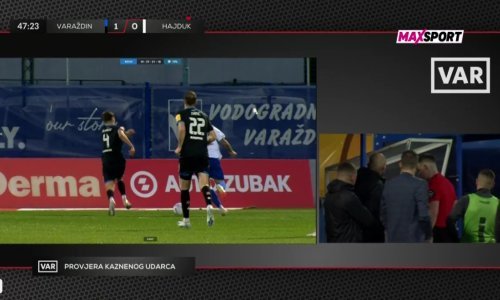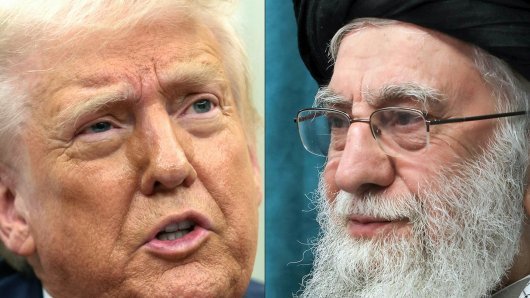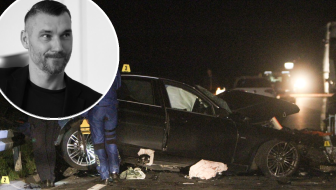A ban on campaigning for Croatia's December 4 parliamentary election went into force at 2400 hours on Friday and will last until the closure of polling stations at 1900 hours on Sunday.
Under the law on elections, the election campaign, which this year started on November 17 with the publication of approved slates, ends 24 hours before the election. The law says that any campaigning activity, the publishing of estimates of the election result or of preliminary unofficial election results, the publishing in the media of election candidates' photographs, their statements or interviews with them, as well as the citing of their oral or written statements, are forbidden on the election day until the closing of polling stations, as well as 24 hours before the election day.
The State Election Commission (DIP) has warned candidates and political parties that they are expected to observe the electioneering ban also on on-line social networks such as Facebook, Twitter, etc.
DIP has decided that during the electioneering moratorium it is not allowed to post any new promotional materials such as statuses, video clips, photos or comments which are directly published as news on walls or private websites, nor is it allowed to send notes on those materials to users' private e-mail addresses.
During the electioneering ban, it is also not allowed to publish results of exit polls. Media companies which commission such surveys may publish their results only after polling stations are closed.
Elections for the seventh Croatian parliament will start on Sunday, at 0700 hours, when 6,572 polling stations will be opened in ten constituencies in the country. Another 124 polling stations will be opened abroad (in 52 countries) where Croatian citizens without permanent residence in Croatia will elect parliamentary deputies in a separate constituency, No. 11. Mixed polling stations will be opened for temporarily registered voters where ballots will be cast by voters who will happen to be outside their place of residence and those registered abroad but visiting Croatia on the election day. This brings the number of polling stations to be opened on the election day to 6,873.
A total of 4,504,081 voters are eligible to vote, including 4,092,323 who exercise their voting right in Croatia.
In ten constituencies in Croatia, 3,717,523 voters elect, in line with the proportional representation system, 140 deputies from party and independent slates which consist of 14 candidates each. In Constituency No. 12, which covers entire Croatia and is designed for the ethnic minorities, 374,800 voters elect eight minority deputies.
In Constituency No. 11, which is designed for Croatian nationals without residence in Croatia (the diaspora), 411,758 voters elect the fixed number of three deputies to parliament.
A total of 313 slates, approved by DIP as valid, are running in the elections in 11 constituencies (not including Constituency No. 12). Of the 313 slates, 285 are party lists (204 independent and 81 coalition slates) and 28 are independent slates. Also, 56 candidates are running for representatives of the ethnic minorities.
A total of 4,359 candidates are running for 151 seats in the seventh parliament, and 34.96 percent of them are women.
It is necessary to win at least 76 seats in order to secure a majority in the parliament.
































